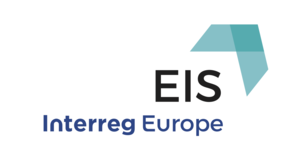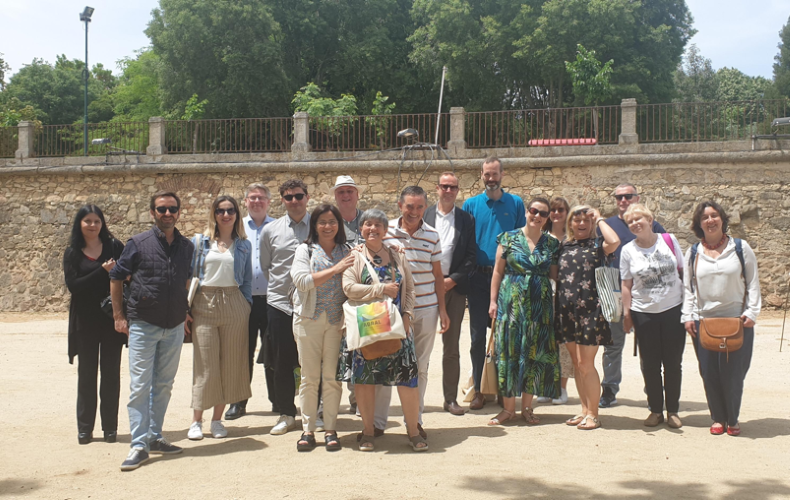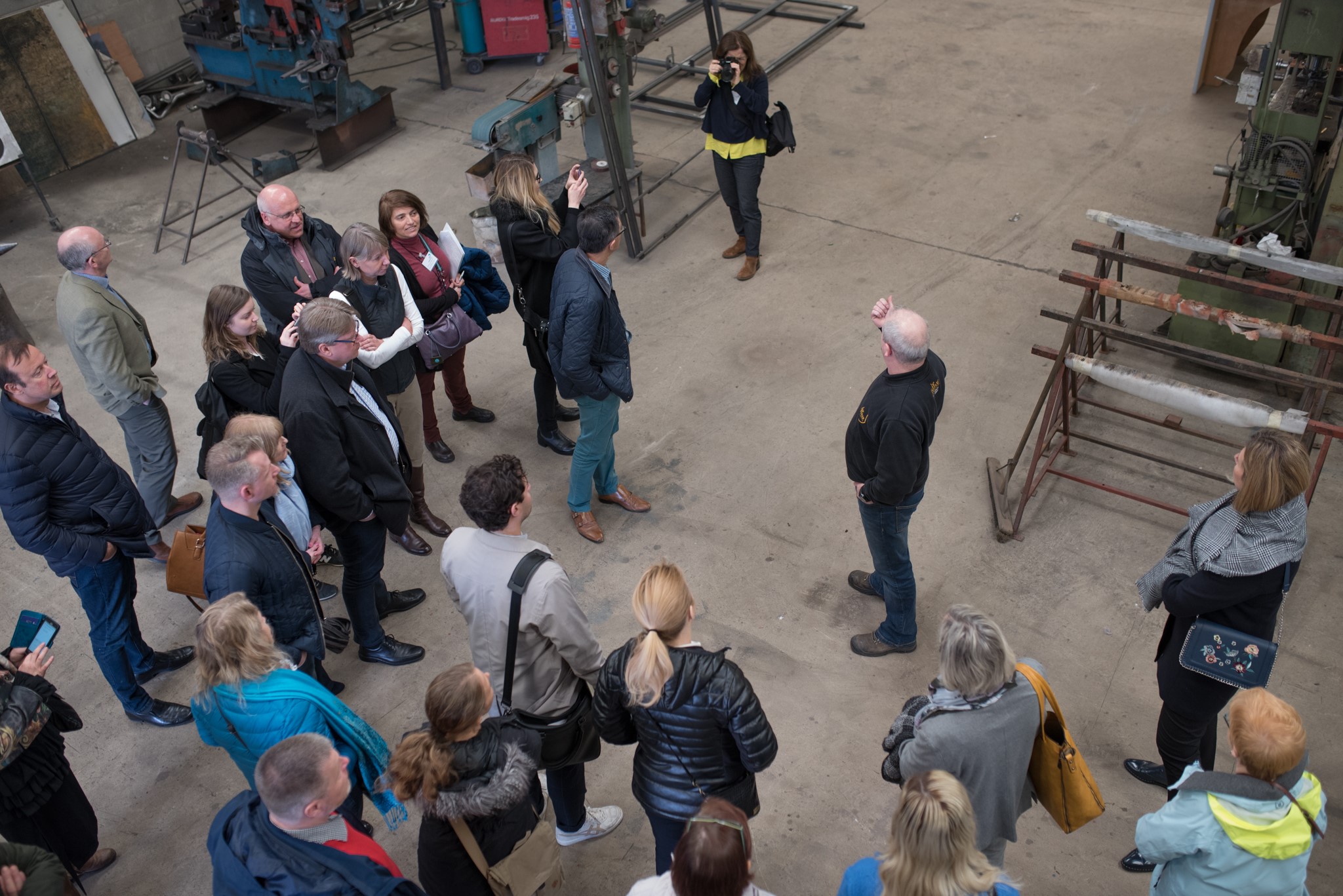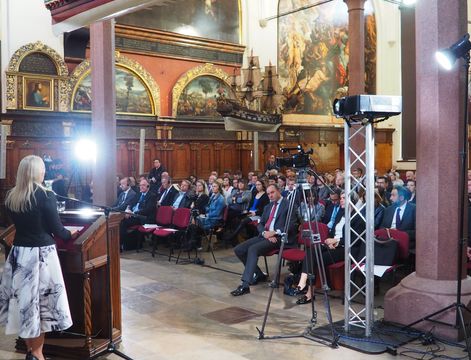The lead partners from Hampshire, UK, welcomed partners and stakeholders to a successful kick-off event and the first workshop in the Everywhere International SMEs (EIS) project. The EIS project scrutinises and optimises business support systems for SME internationalisation.
Small and Medium Sized Enterprises (SMEs) are facing a wide array of challenges in their struggle to manifest themselves on the market and to grow. The internationalisation of SMEs helps them to reach a wider audience and thus to get a firmer grip on the market. Moreover, it spurs growth and create jobs.
Internationalisation as a growth strategy are often not chosen by SMEs. Across Europe SMEs are faced with similar yet different internationalisation challenges. In some regions, there are complex business support systems put in place to assist and advise SMEs. These systems have often grown organically, and are therefore more complex than need be, which often creates confusion amongst SMEs.
In other regions, there are little help to be found in support systems for SMEs. Either way, there is a mismatch between what is on offer, and how much time the SMEs can spend on upgrading their internationalisation efforts.
A good start for EIS in Hampshire
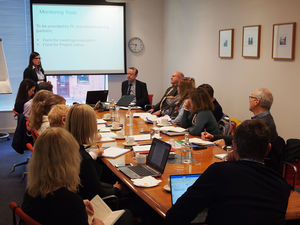
On March 16th, the official kick-off event for the Everywhere International SMEs (EIS) project took place. The lead partners, Hampshire Country Council, was the gracious hosts of both the kick-off event and the first partner meeting since the project-start, which took place during the same week.
"a more coordinated, collaborative business support structure that supports more SMEs to internationalise from EIS participating regions and beyond is the desired outcome" - John Fitzgibbon, Project Manager
The attendees of the kick-off event saw the Councillor Andrew Joy from Hampshire County Council give the welcome address followed by the keynote speech by Ben Butters from Eurochambres speaking of the importance on interregional corporation and the importance of SME internationalisation, respectively. They were followed by and introduction to the EIS project by John Fitzgibbon the project manager, who took the audience through the background and structure of the project.
The 7 partner regions will throughout the first part of the project take turns in critically examining each other’s business support systems to come up with best practices in crucial areas. For the second part of the project these best practices will be implemented into the business support strategies in the partner regions.
In the end, as the project manager John Fitzgibbon underlined, “a more coordinated, collaborative business support structure that supports more SMEs to internationalise from EIS participating regions and beyond is the desired outcome” - good news for SMEs and the rest of us.
